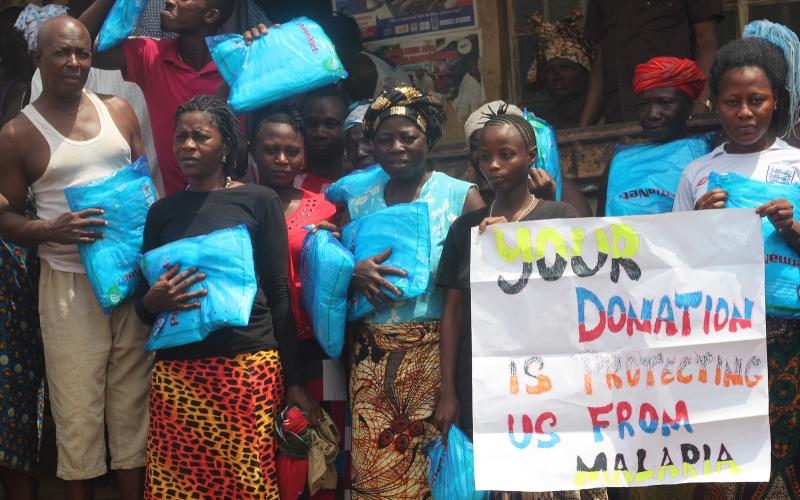
Barring a zoo escape or a visit to Mike Tyson’s house, I think we are safe from becoming the victim of one of Africa’s indigenous predatory animals. But our geographic separation from the African continent does not insulate us from the most deadly animal in Africa—the mosquito.
We all know that mosquitoes are not exclusive to Africa, but to many of us the mosquito is nothing more than an itchy nuisance. That seems to be changing a little in America as people here start to realize (or remember) how dangerous a mosquito can be. With the Zika virus getting closer to home, the dangers that mosquitoes bring have become a serious concern.
I thought that Zika started in South America not too long ago and I am assuming that I was not alone in this misconception. Whatever the reason, I think a lot of us had never even heard of Zika until it started approaching the US border last year. However, to my surprise, I recently learned that the first case of Zika was identified in Uganda way back in 1947. It took almost 70 years, but Zika eventually crossed through several countries and jumped the Pacific Ocean before invading South America last year. Now that this threat is getting closer, Zika has got our attention.
As we defend our borders from Zika, let’s not forget that Zika is not the only virus spread by Mosquitoes. In many places, every mosquito bite comes with increased risk of contracting malaria. In fact, the risk of contracting malaria is a reality for approximately half of the world’s population. People in sub-Saharan Africa are at the highest risk of contracting malaria with this region accounting for 88% of malaria cases and 90% of the 438,000 malaria deaths in 2015, according to the World Health Organization (WHO).
But the dangers of malaria reach far beyond Africa and they might be a little closer to home than you realize. In fact, malaria incidents have been on the increase in Venezuela (that's at the northern end of South America in case your geography knowledge is as good as mine). The Centers for Disease Control (CDC) state that if you are traveling to Venezuela you should avoid mosquito bites to prevent malaria and that you might need “prescription medicine before, during, and after your trip to prevent malaria.”
Despite all of this, when is the last time you saw a report about malaria on your local news? You probably won’t any time soon, but does that mean we should ignore malaria? Is it possible that as we engage in our fight to prevent Zika that our interests might align with those fighting to prevent malaria worldwide? Similar prevention methods for malaria and Zika are recommended by the World Health Organization (WHO), with vector control and personal protection topping the list.
One of these recommended personal protection methods is mosquito nets. With your help, Develop Africa is working to ensure that this simple, inexpensive and life-preserving protection is provided to everyone in need.
If you liked this article, you might also like: You Can Help Save a Child From Malaria
Information Sources:
http://www.who.int/mediacentre/factsheets/fs094/en/
http://www.who.int/mediacentre/factsheets/zika/en/
Image Source:

